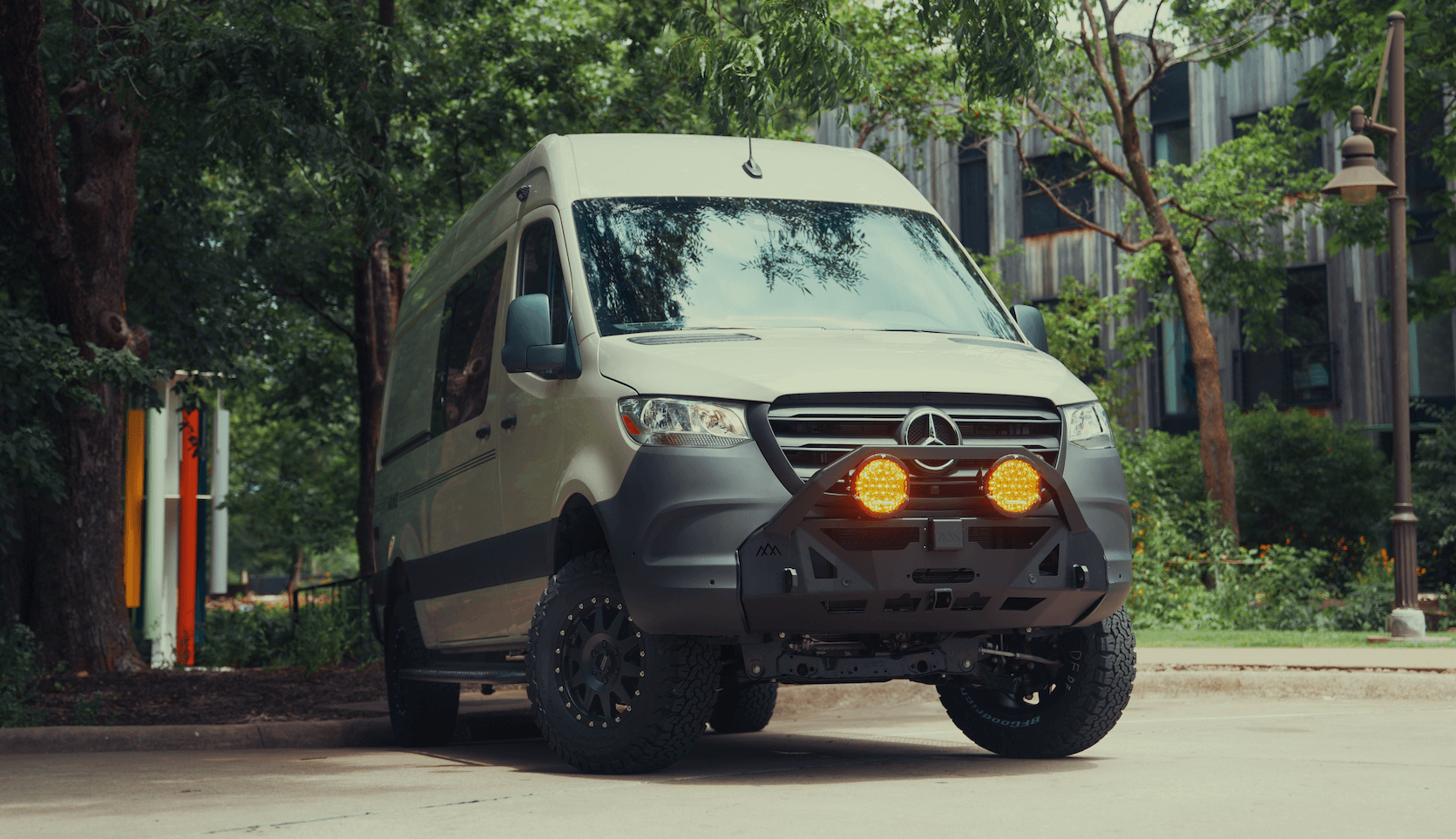Recreational Vans

Zero waste is a mindset and a set of systems that aim to send as little as possible to landfill. In a camper van, space, water, and energy discipline make the idea very practical. The core principles are refuse, reduce, reuse, repair, refill, and rot. You prioritize multi purpose gear, buy unpackaged food, carry refill containers, and manage organic matter as a resource. The result is less clutter, fewer resupplies, and a cleaner camp.
Start with water. A simple chain of sediment and carbon filtration lets you safely refill from varied sources and skip single use bottles. Pair that with a food safe tank, a measured flow faucet, and a quick rinse spray head to cut sink time. For power, efficient loads matter more than extra panels. Induction cooking, a 12 volt compressor fridge, and LED lighting trim daily draw and let solar cover most use.
Inside the van, choose materials that last and do not off gas. Bamboo, cork, and responsibly sourced plywood wear in, not out, and can be repaired. Stainless containers, silicone lids, and beeswax wraps stand in for disposable packaging. Strong, washable textiles replace paper towels and throwaway wipes.
Daily habits carry the system. Keep a small compost container for food scraps, a sealed liquids bottle when using a urine diverting toilet, and a tight recycling setup with crushable plastics and cans separated. Track trash by volume each week so you can see what to eliminate next trip.
A good zero waste plan starts with the kitchen. A pressure cooker, skillet, and stockpot cover almost every meal and pack into one another. Bulk dry staples like rice, oats, lentils, and beans ride in labeled jars. Fresh produce stores well in breathable bags and stackable bins. A magnetic spice rack keeps flavor bottles off the counter and visible so nothing gets wasted.
Shop bulk when possible and bring your own containers to refill dry goods, coffee, oil, and even soap. When bulk is not available, favor large format packaging over single servings. Plan meals that use overlapping ingredients to avoid small leftovers. Save vegetable trimmings in the freezer for stock, then compost the spent solids.
A urine diverting composting toilet minimizes water use and odor while turning solids into a stable material that can be handled responsibly after a proper curing period as local rules allow. Greywater management hinges on biodegradable soaps, a strainer to catch food bits, and a tank sized to your sink habits. Empty only at legal dump points and never near waterways. Keep a microtrash jar for bits like bread tags, twist ties, and torn labels that escape recycling.
Induction tops reduce indoor combustion and work well with a right sized battery and solar array. A high efficiency diesel or fuel fired heater uses very little fuel and avoids disposable propane cylinders. Cross ventilation, a roof fan, and reflective window coverings keep the cabin comfortable without overworking the battery.
Your map can be as important as your kitchen. Pin bulk stores, farm stands, and water refill stations along your route. Pack a compact filter and a collapsible jug so you can refill when you find clean sources. Choose durable coffee setups like an insulated French press with a metal filter. Bring a small sewing kit and a repair tape roll to fix gear rather than replace it. Proper tire pressure and a tidy load lower fuel consumption and extend component life.
A small library of reusables solves most camp chores. Carry a set of nesting containers, cutlery, stackable cups, cloth napkins, scrub brushes, and concentrated cleaners in refillable bottles. Outside, use a catch mat under the cooking area so food bits do not reach soil. Leave every site free of micro debris and food residue to protect wildlife.
Now, how does a build make all of this easier in the long run. Integrated water filtration at the fill point, a greywater tank with accessible clean outs, and cabinetry sized for bulk jars keep the system humming. Space for a composting toilet, a vented trash and recycling bay, and a pantry that locks shut on rough roads all reduce mess and waste. Induction cooking, a compressor fridge, and roof solar matched to your loads close the loop on daily energy use.
OZK Customs designs cabins around these choices so habits feel natural. Our team builds efficient galleys, installs safe drinking water filtration, sizes battery and solar for induction cooking, and routes ventilation for odor control and moisture management. We also spec durable, repairable materials that look good after real miles. You end up with less trash, more time outside, and a cabin that stays organized.
If you want a rig that supports this approach, we can tailor layouts, storage, and systems to your travel style. Tell us how you cook, where you camp, and how long you roam between towns. We will translate those answers into reliable systems that cut clutter and trash while boosting comfort.
Take the next step:
Ready to cut trash, save space, and travel lighter. Tell us how you camp, cook, and store gear. OZK Customs will design a high efficiency, low waste build with integrated filtration, induction cooking, smart storage, and durable finishes. Start your custom plan today and turn every mile into a cleaner one.
Ready to cut trash, save space, and travel lighter? Tell us how you camp, cook, and store gear. OZK Customs will design a high efficiency, low waste build with integrated filtration, induction cooking, smart storage, and durable finishes. Start your custom plan today and turn every mile into a cleaner one.
ADDRESS:
6159 E Huntsville Rd, Fayetteville, AR 72701
PHONE:
(479) 326-9200
EMAIL:
info@ozkvans.com